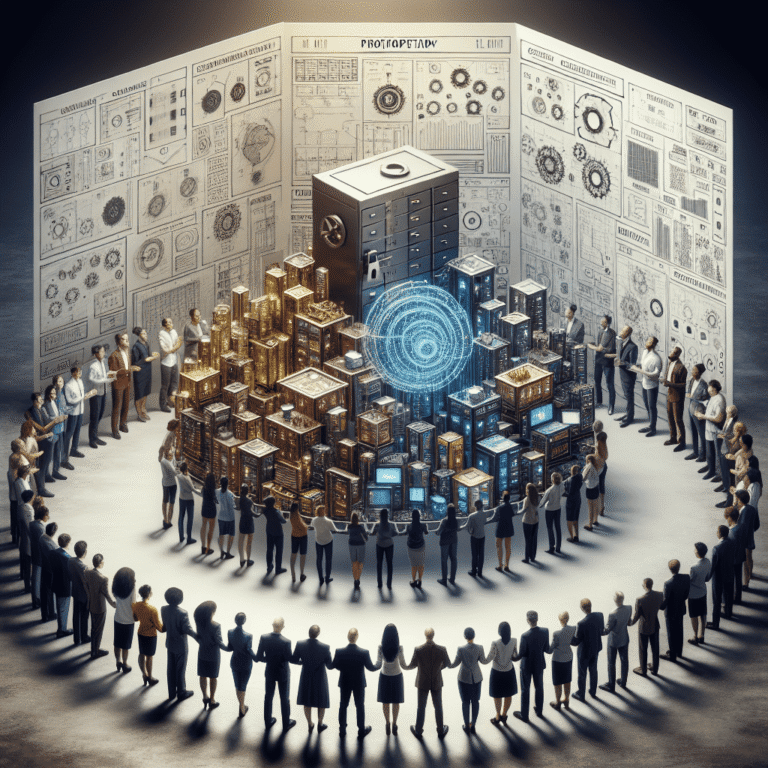The open source movement in artificial intelligence is challenging the longstanding supremacy of proprietary corporate models, sparking a wave of innovation and inclusivity across the global tech community. Developers and researchers worldwide are breaking barriers by releasing powerful large language models, such as Quen 3, which rivals Meta’s Llama 4 with multilingual support and advanced reasoning, made even more accessible through the Apache 2.0 license. Meanwhile, rumors of DeepSeek R2’s massive 1.2 trillion parameter model, which promises a 97% cost reduction against GPT-4.0, signal that open source solutions are not only catching up but may soon surpass their closed-source competitors in performance and affordability.
Beyond language processing, open source artificial intelligence projects are scoring notable achievements in text-to-speech and video generation. The DIA model, for instance, empowers users to create nuanced, emotional speech locally, giving unprecedented control and privacy for a range of applications from accessibility to creative production. In video, tools like Frame Pack enable long-form video generation even with lower-end hardware, democratizing access for independent creators and small businesses. Likewise, Realist Dance—a model based on the WAN 2.1 framework—is making realistic human motion in video content more attainable, further expanding the reach of open source artificial intelligence in entertainment, marketing, and education.
Specialized open source artificial intelligence models are also reshaping how niche challenges are addressed. The RT Model has proven its superiority in targeted tasks such as email research, offering focused, efficient alternatives to generalized platforms. Personalized character modeling is seeing dramatic progress too; models like the Instant Character Model facilitate the creation of dynamic digital personas for gaming, storytelling, and virtual experiences. Despite ongoing challenges in scalability, inclusivity, and ethics, open source artificial intelligence is fostering a collaborative environment where innovation happens faster and benefits are more widely shared, promising a future where the power of intelligent technologies belongs to everyone—not just a select few.

